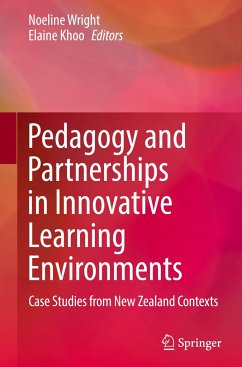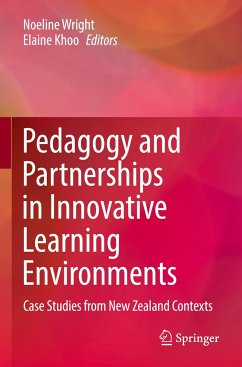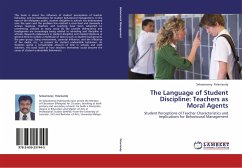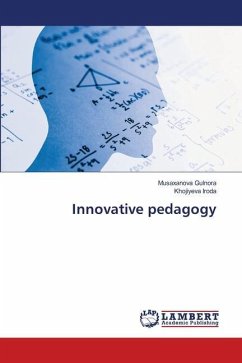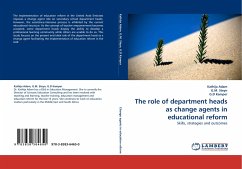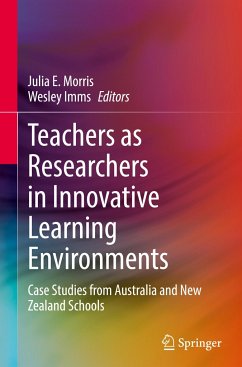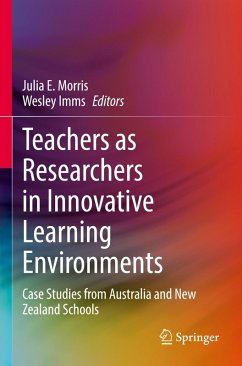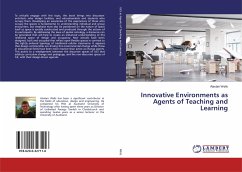
Innovative Environments as Agents of Teaching and Learning
Versandkostenfrei!
Versandfertig in 6-10 Tagen
51,99 €
inkl. MwSt.

PAYBACK Punkte
26 °P sammeln!
To critically engage with this topic, this book brings into discussion architects who design facilities, and educationalists and students who occupy them. Developing an awareness of the experiences of those who occupy the spaces is fundamental to understanding individual and group encounters, but emphasis must also be positioned on the nature of space itself as space is socially constructed and produced through the actions of its participants. By addressing the issue of spatial ontology, a discourse can be generated that will help to create an enhanced understanding of this relational space of...
To critically engage with this topic, this book brings into discussion architects who design facilities, and educationalists and students who occupy them. Developing an awareness of the experiences of those who occupy the spaces is fundamental to understanding individual and group encounters, but emphasis must also be positioned on the nature of space itself as space is socially constructed and produced through the actions of its participants. By addressing the issue of spatial ontology, a discourse can be generated that will help to create an enhanced understanding of this relational space of design and occupancy. New schools have been designed, built and occupied that reflect open flexible spaces in contrast to the tightly ordered typology of traditional cellular classrooms. It appears that design communities are driving this environmental change while those in educational fields have been more reactive than active as change agents. This points to a misalignment between the discursive spaces of ILEs that address curriculum change and pedagogy, and the non-discursive spaces of ILE, with their design-driven agenda.



